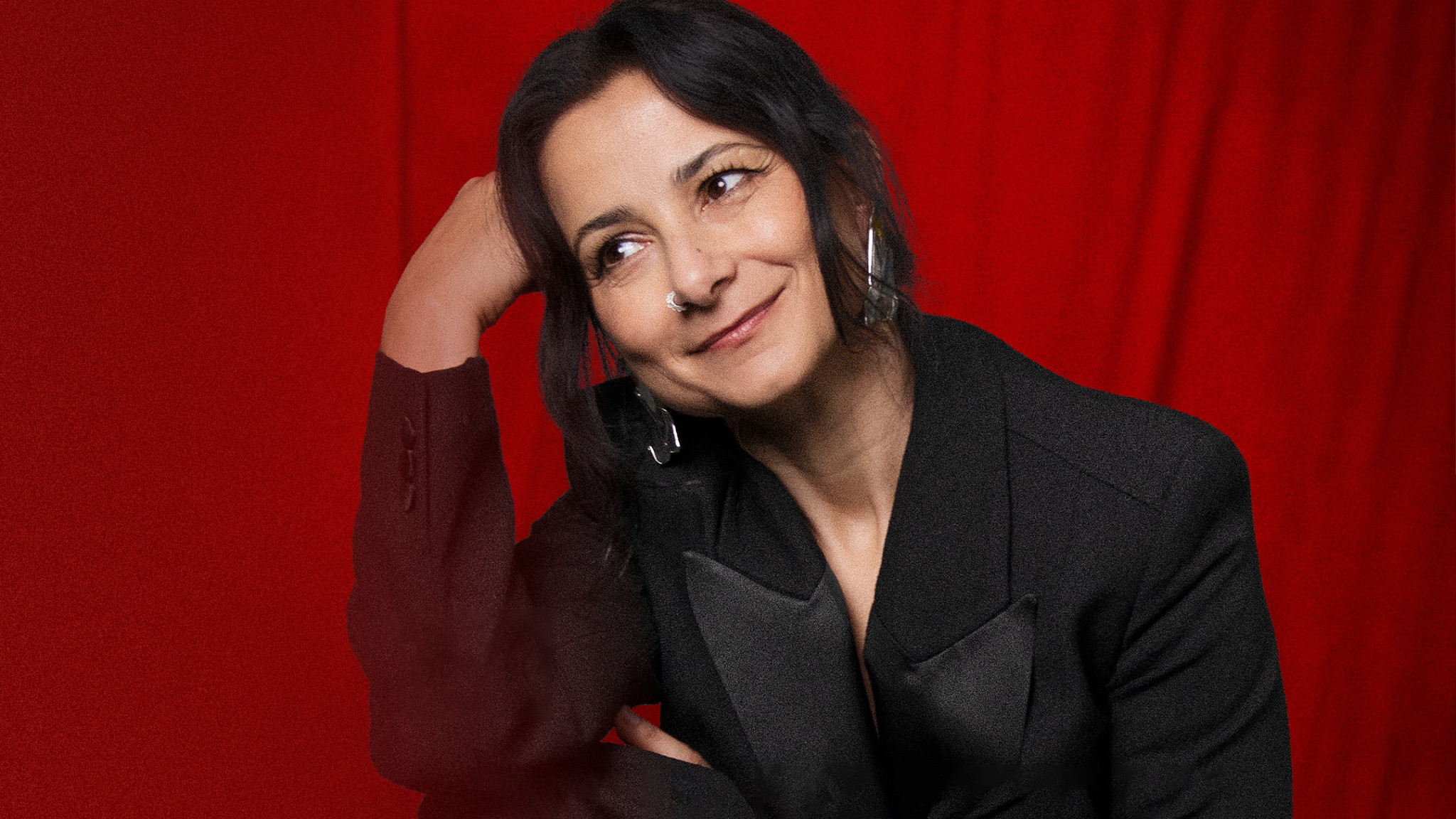Armenian Composer and Pianist Marie Awadis announces her debut album on DG

On the night of January 22 at Berlin’s Säälchen, Marie Awadis opened the latest Yellow Lounge event with a performance of five of the 12 tracks on her forthcoming Deutsche Grammophon debut album, Études Mélodiques. This inspired composer and conservatory-trained pianist has long followed her own path, refusing to compromise, and simply allowing her music, which bridges the classical and contemporary worlds, to speak for her.
The album version of one of the pieces performed live in Berlin – Étude No. 2: Breathless – comes out digitally today. “This étude is about duality,” explains Awadis. “It represents the constant change of feeling between joy and disappointment, hope and despair, the excitement of experiencing love and the doubt that it will be everlasting.” Études Mélodiques, meanwhile, is released on 6 September 2024.
Awadis’s route to working with DG says much about her personal and artistic integrity. The label’s A&R department was originally interested in one of the tracks from her then unreleased 2020 album Una Corda Diaries, but this felt wrong to the composer: “I wanted to stay honest to myself and knew that it would be like taking one sibling out of a family.” DG accepted her decision and in 2021 chose a different piece, Alone, to include in their “Project XII” contemporary music series. When Awadis completed Études Mélodiques, she discussed it with DG and the album project took off.
“I trust that things start to happen when you’re honest about what you want to do and how you want to do it,” says Awadis. “Compromise is fine if you do it willingly but not if you think it’s something you have to do to win approval or achieve success. Taking risks is part of life, and it’s also part of my creative process. I risked saying no to DG, but I’m happy that they appreciated my music on its own terms.”
Many influences flow into Marie Awadis’s music, one of the most profound being her multifaceted and multilingual background. Born into an Armenian family in Lebanon, she learned the language and culture of her ancestral homeland, growing up both immersed in the folk music of Armenia and surrounded by the horrors of civil war in her family’s adopted country.
“I saw how, even in war, people get married, have children, celebrate birthdays and keep hope alive by doing so,” she notes. “I don’t remember being afraid – bombs and bunkers were part of normal life. But music was my own world, where I could deal with emotions and connect with life. That was my escape! Escape isn’t a negative word for me. It’s more about finding my own space, like a room where you can be calm and feel good.”
Having studied piano at Beirut’s National Conservatory, she relocated to Hanover for postgraduate training, focusing on the core classical repertoire. Overwhelmed by the sense that she was just one of many talented young musicians, she gave up both playing and composing. Life without the piano felt incomplete and she soon returned to performing. Resuming her compositional career took longer.
Starting to play Armenian music with a cellist friend a few years ago finally silenced her inner critic. “The moment you accept yourself, doors open,” she explains. “Una Corda Diaries was the moment I said, ‘I am a composer’. That was the bridge that led to Études Mélodiques.” Awadis was listening to everything from Bach to Kancheli, via jazz, folk and world music, which led her to bring different styles to her own work, while always building on classical foundations.
“At first,” she says, “I wanted to be a neoclassical composer, but that didn’t work; neither did my attempts to be a ‘classical’ composer. Every time I tried to be something I was not, it didn’t work.” Now she trusts her intuition. “When I compose, I have feelings, pictures, stories or places in my mind, not a sequence of themes moving across a structure I’ve planned before creating a note.”
Awadis brought that same approach to Études Mélodiques – she did not set out to write studies, but began to think of her new works as such because they reminded her of Chopin’s études. She has related to his music since childhood – “I love the emotional aspect of his music, which is never far from the surface” – and calls him and Bach her “musical home”.
Minimalism is a more recent discovery, but equally influential: Awadis enjoys exploring the dual strands that have emerged from America and Europe, the former experimental, the latter rooted in centuries-old tradition. “I have a kind of intuitive minimalism in mind when I compose, but I also like harmonic development, which is not there in most minimalist music. So my music is repetitive but also changing at the same time.”
This new-found confidence to experiment with combinations of the styles and genres she loves has allowed Awadis to find her own distinctive voice. “I was often unsure where I belonged,” she recalls. “My music is not typically classical or neoclassical or avant-garde; it’s something in between. That used to make me feel insecure or small, because I was not part of the mainstream. But I never gave up, because I knew this was what I had to do.”


